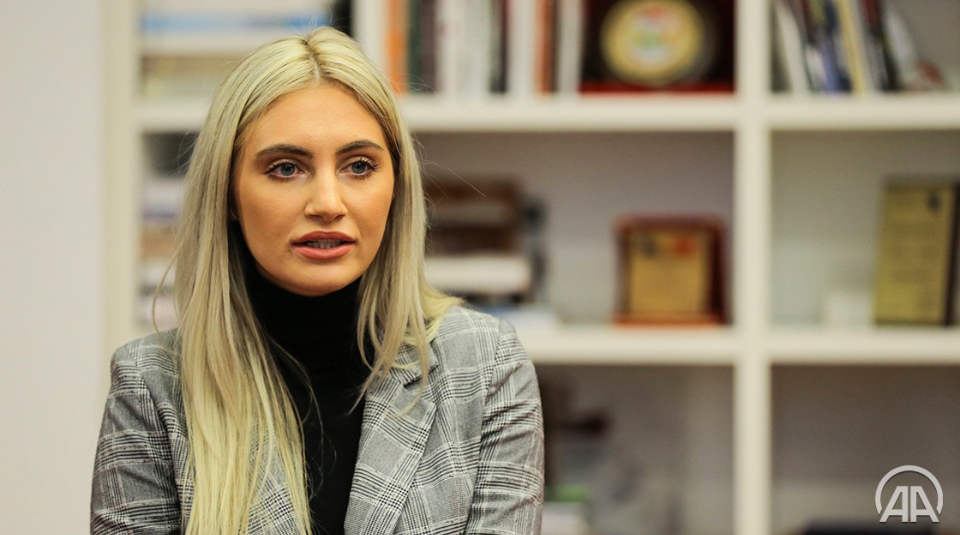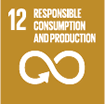From Where I Stand: "Think about the problems you face daily and dare to create new solutions."
Date:
Katarina Ponjavić is a final-year student of Dental Medicine at the Faculty of Dentistry in Sarajevo, Bosnia and Herzegovina. This young aspiring surgeon invented a device for medical and infectious waste disposal that received international patent protection from the World Intellectual Property Organization in Geneva.

![]()
Ever since primary and secondary school, I asked my teachers a lot of questions. I was interested in how I could simplify and make things different while carrying a drive for science within me. My parents taught me how important knowledge is and how much it can affect my future. I always had the encouragement of my loved ones to grow and progress in this area.
My patent was created by chance. I had a vision of my smart device and of the procedure for disposing of medical infectious waste, and I decided to move in a new direction towards the realization of this vision. I recognized how much the proper disposal of this type of waste was needed, in the context of ecology, the health of the general population, and the prevention of infectious diseases. I dared to create a solution, which turned out to be very innovative at the time of the COVID-19 pandemic when the amount of this type of waste has increased significantly everywhere in the world.
This device will solve all problems in the process of disposing of medical infectious waste and put it under maximum control. This means that the smallest amount of hazardous medical infectious waste will be disposed of in the same location where it was made and turned into harmless municipal inert waste. The process of collecting, sorting, storing and transporting this type of waste will no longer be required and that risk of spreading infectious diseases will be minimized. [It is a small and easy-to-operate] smart device, with a capacity suitable for all types of health institutions.
Unfortunately, in Bosnia and Herzegovina, STEM is still not a big topic of interest, but there is a lot of room to bring it closer to young people and encourage them to think about science. We need to encourage and further educate all young people, especially those who love research and science, on how to take the first steps and get involved in STEM. My advice is to start looking at everyday tasks in a slightly different way, to think about the problems you face daily and to dare to create new solutions to these problems that will ultimately facilitate, improve, or completely change existing technology.
My message to young girls is: Figure out what you are best at or what you want to be best at, set a clear goal and start working on yourself. Educate yourself, explore, improve, persevere, and believe that you can achieve anything you imagine!”

Katarina Ponjavić, 25, is a young innovator from Bosnia and Herzegovina who patented a medical and infectious waste disposal device. Her work contributes to achieving Sustainable Development Goal 12, on ensuring sustainable consumption and production patterns. Ponjavić is among the 30 young people who have made concrete recommendations to advance the work of the United Nations in Bosnia and Herzegovina. UN Women spoke with Katarina on the occasion of the International Day of Women and Girls in Science.